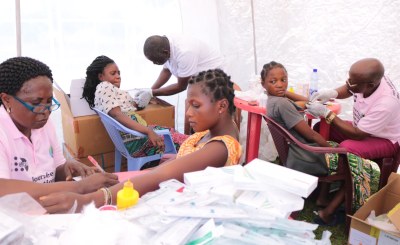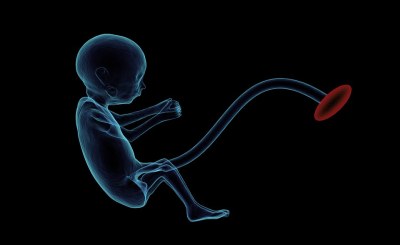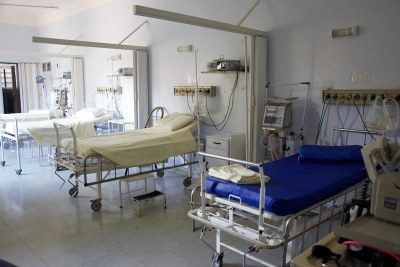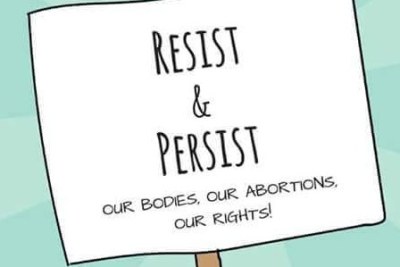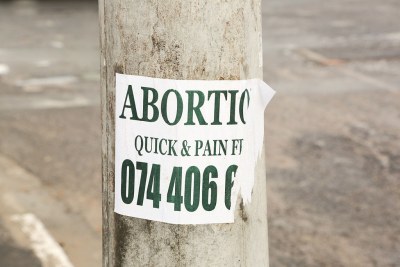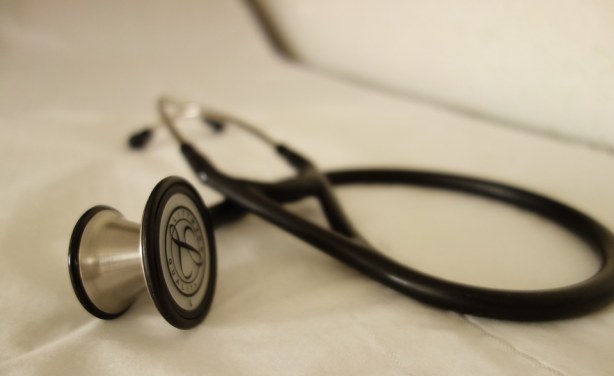-
allAfrica, 11 March 2022
Too many girls and women continue to die and face both the short and long-term repercussions of unsafe abortions, yet potentially life-saving information on receiving quality care… Read more »
-
South Africa: Abortion Access in Eastern Cape Falls Far Short
spotlight, 11 March 2022
Following the publication of an article by GroundUp News on 21 October 2021, titled "Pregnant Women queue all night outside abortion clinic", we followed up to determine the state… Read more »
-
Africa: WHO Issues New Guidelines on Abortion to Help Countries Deliver Lifesaving Care
WHO, 9 March 2022
Access to safe abortion critical for health of women and girls: WHO Read more »
'Health Workers Must Not Be Judged, Stigmatised But Supported'
Too many girls and women continue to die and face both the short and long-term repercussions of unsafe abortions, yet potentially life-saving information on receiving quality care for abortion-related complications, remains in short supply.
To address this gap, the UN system for Human Reproduction Research (HRP), the World Health Organization (WHO) and partners, published new data on the issue, in the latest edition of the International Journal of Gynecology and Obstetrics. The newly published papers also explore the experiences of adolescents and women in accessing support in insecure environments, reports UN News.
In a bid to protect the health of women and girls and help prevent over 25 million unsafe abortions that currently occur each year, the World Health Organization (WHO) has released new guidelines on abortion care.
According to Dr Bela Ganatra who leads the World Health Organzation's work on preventing unsafe abortion, to address stigma by health workers against women who seek sexual and reproductive health services, health workers themselves need to be supported to provide safe and quality care. They need accurate information about laws and policies, they too mustn't be judged, stigmatized or punished for providing what is basic health care.
Documents
-
8 March 2022
Abortion Care Guideline
- Author:
- WHO
- Publisher:
- WHO
- Publication Date:
The objective of this guideline is to present the complete set of all WHO recommendations and best practice statements relating to abortion. While ... see more »
InFocus
-
Sexual and reproductive health activists have cited religious beliefs as some of the barriers that impede the procurement of safe abortions and the implementation of the law Read more »
-
Previously in Benin, abortion was legal only in cases of rape or incest, if the mother's life was at risk, or if the unborn child had a particularly serious medical condition. ... Read more »
-
A local non-governmental organisation that works on issues of sexual and reproductive health and rights, Great Lakes Initiative for Human Rights and Development (GLIHD), has filed ... Read more »
-
Unsafe abortion is one of the most easily preventable causes of maternal mortality, yet many women resort to the practice, which accounts for more than 10% of all maternal deaths ... Read more »
-
An investigation into the practice of telling women that an "Abortion pill reversal" - a controversial treatment first developed by a California-based family physician - has ... Read more »
